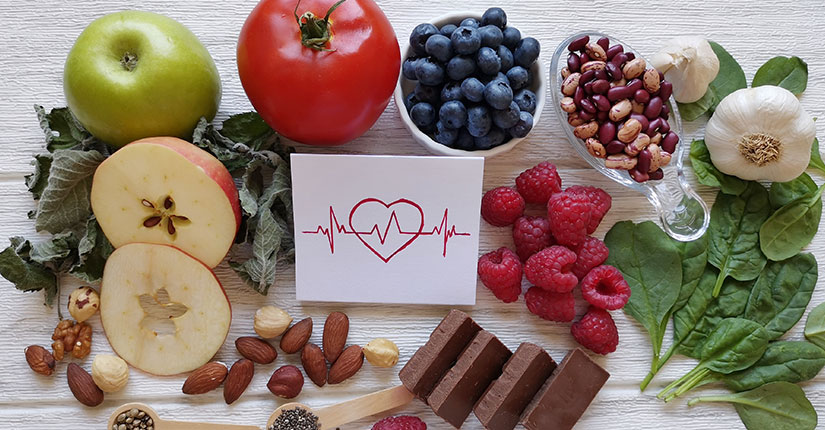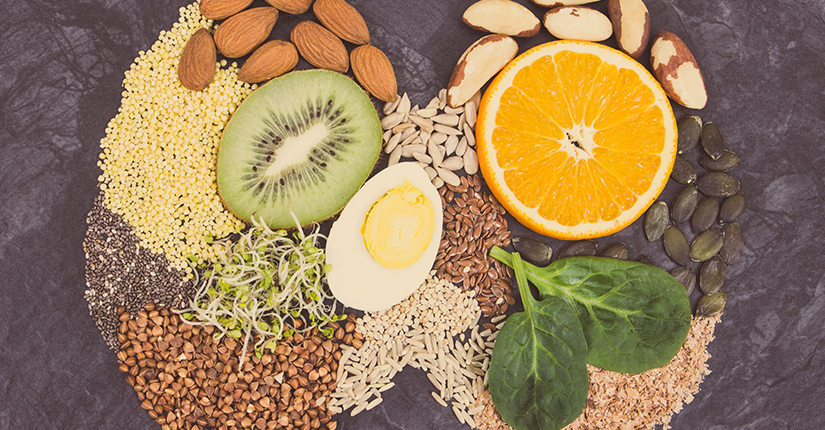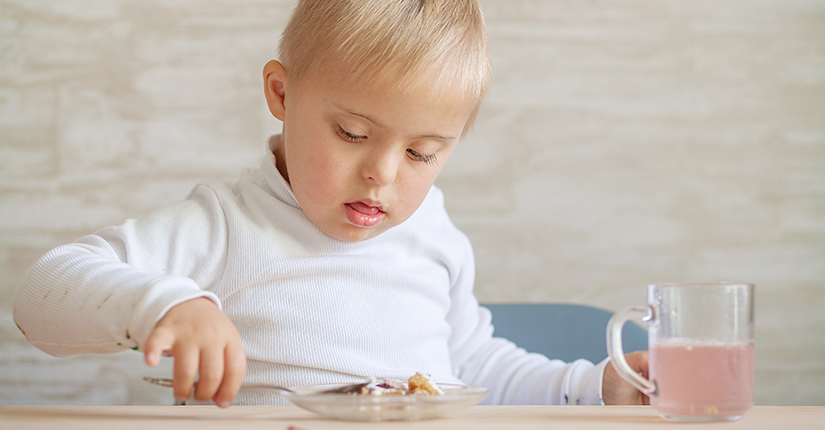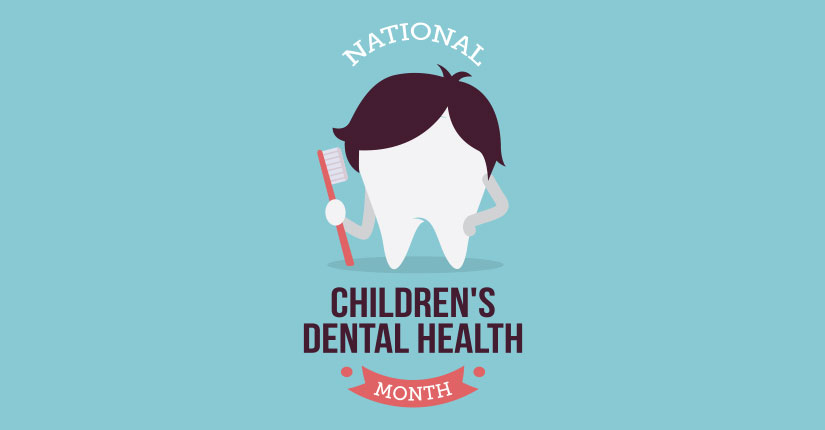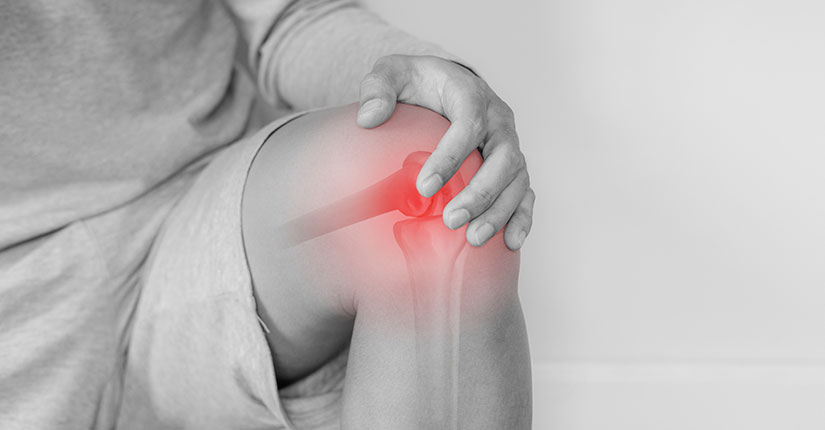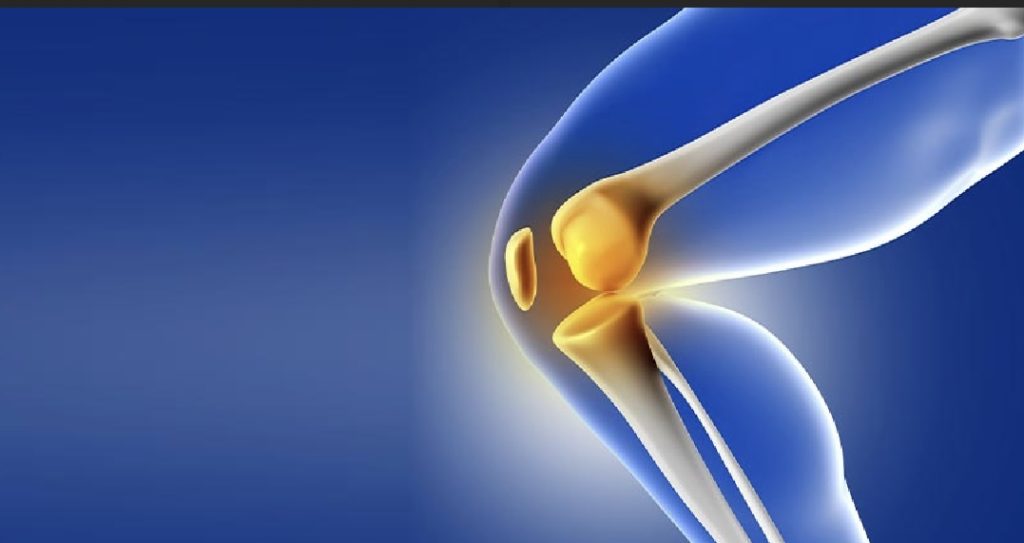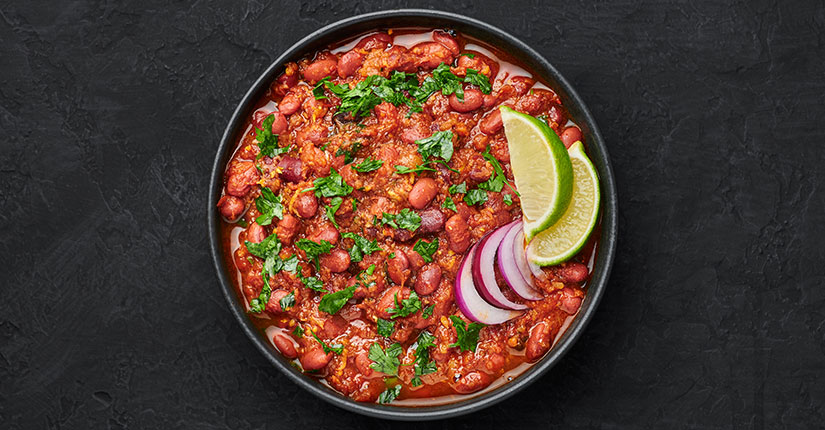How Lactating Mothers Can Take Care of Their Nutrition
By Nmami Agarwal 03-Aug 2020 Reading Time: 2 Mins

Breastfeeding mothers often tend to forget that they need to care for themselves as well as the baby. There’s so much to be occupied with regarding the baby, making sure the baby’s positioning is correct and counting dirty diapers, that your own well-being could go for a toss. However, it’s essential to take care of your needs as well as your child’s.
World Breastfeeding Week is promoted by global health organizations like WHO and UNICEF and celebrated annually from 1-7th August. The aim of this week is to spread awareness about the importance of exclusive breastfeeding for the first six months of a baby’s life. This helps provide immunity to the baby, enriches with critical nutrients, and promotes development.
While breastfeeding, a mother needs to have the right diet so that the milk the baby gets, is filled with all the right nutrients.
Here are some tips and guidelines for the nutrition of lactating mothers and their babies:
- Eat three servings of vegetables, including dark green and yellow vegetables per day and two servings of fruit per day.
- Include whole grains such as whole-wheat bread, pasta, cereal, and oatmeal in your daily diet.
- Drink enough water to satisfy your thirst.
- Dietary restrictions from pregnancy do not apply to breastfeed moms.
- Consume good sources of iron and zinc such as dried beans, dried fruit, nuts, seeds, and dairy. If you avoid all animal products (vegan diet) you will need to take a B12 supplement to make sure your baby does not develop a B12 deficiency.
Some essential nutrients are as follows:
- Carbohydrates
- Protein
- Fiber
- Folic acid
- Iron
Protein helps develop a baby’s muscles, bones, and other tissues, especially in the second and third trimesters of pregnancy. The recommended protein intake during the second half of pregnancy and while breastfeeding is 71 grams daily. Good sources of protein include lean meat, poultry, dairy, nuts and seeds, fish, beans, soy, eggs, and tofu. Include protein foods in every meal.
Fiber is vital as it can help ease constipation commonly associated with pregnancy. Whole grains (like whole-wheat bread, whole-grain cereals, and brown rice) and fruits, vegetables, and legumes (beans, split peas, and lentils) are healthy sources of fiber.
Folic acid is responsible for the healthy development of a baby’s brain and spinal cord. It’s also required to make red blood cells and white blood cells. Women who get 400 micrograms (0.4 milligrams) of folic acid daily prior to conception and during early pregnancy can reduce the risk that their baby will be born with a neural tube defect (a birth defect involving incomplete development of the brain and spinal cord). Good sources of folic acid include fortified cereals, leafy green vegetables, citrus fruits, beans, and nuts.
Having a diet rich in iron and taking a daily iron supplement while pregnant or breastfeeding helps prevent iron-deficiency anemia. Women who don’t get enough iron may feel fatigued and are at more risk for infections. Healthy dietary sources of iron include lean meats, fortified cereals, legumes (beans, split peas, and lentils), and leafy green vegetables.
Over to you
If your diet is lacking nutritionally or is not enriching enough, you will sacrifice the nutrients from your own body. Your body will take what it needs to make healthy breast milk for your baby first which might leave you deficient and make you feel depleted and exhausted.


